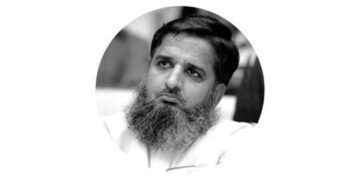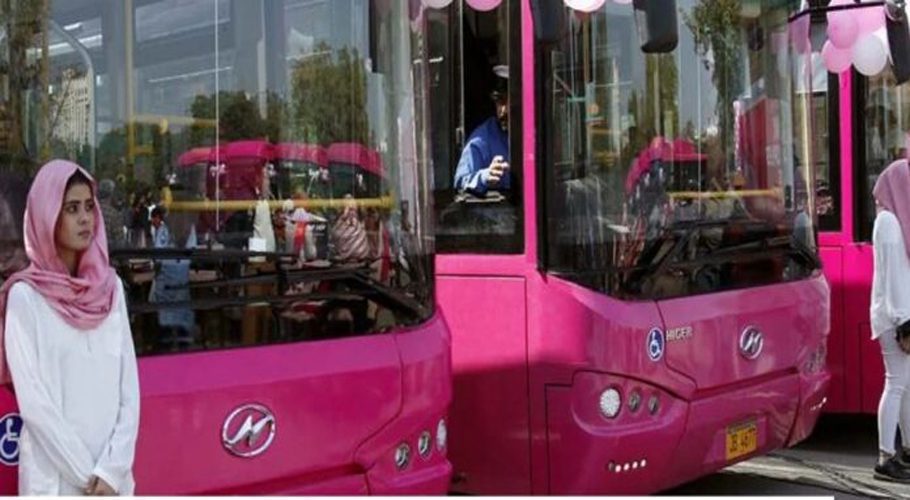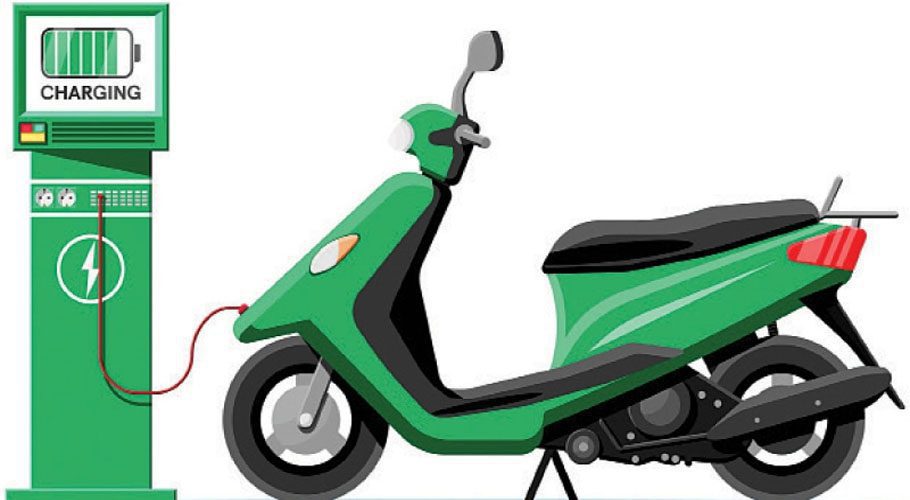![]() Follow Us on Google News
Follow Us on Google News
Surah Nahl Ayah 90 states: “Indeed, Allah orders justice and good conduct and giving to relatives and forbids immorality and bad conduct and oppression. He admonishes you that perhaps you will be reminded.”
Ibn Masoud says that this is the most wide-ranging verse revealed to the Prophet Muhammad (SAW) and Umar ibn Abdul Aziz would recite this verse at the end of every Friday khutba (sermon).
Allah (SWT) does not command you to do what He doesn’t do. For example, Allah (SWT) orders you to be just and merciful and He is the most Just and most Merciful. Allah (SWT) says I have forbidden oppression on myself and have made it forbidden amongst you all.
Ibn Qayyim said that there exist three components of one’s natural disposition (fitrat), which are: monotheism, justice, and mercy.
The right of Allah (SWT) on you is greater than the rights of anyone else on you. Justice is the minimum while Excellence/Ihsan is the maximum.
Justice with Allah (SWT) means that you are unswerving in honoring his rights in private and public. Ihsan with Allah (SWT) is that your private relationship with Allah (SWT) is better than your public relationship with Allah (SWT).
Dr. Martin Luther King Jr. defined peace as “Peace is not the absence of tension but the presence of justice.” In Arabic, Peace/Salaam means freedom from chaos.
The Holy Prophet (SAW) said, “A Muslim is the one from whose tongue and hands the Muslims are safe.” The word Muslim is derived from Salaam. Paradise is called Dar al-Islam because it is free from any imperfection or anything that would disturb the peace. Allah (SWT) is As-Salaam because He is free from any imperfection or flaw. In Islamic epistemology and Arabic, Peace means the absence of harm.
Can there be genuine peace in the presence of injustice from an Islamic perspective? The answer is a clear no and that is why the Prophet (SAW) said that “A Muslim is the one from whose tongue and hands the Muslims are safe.”
The Ayah (Surah Nahl Ayah 90) says to us that you cannot have Ihsan (excellence) without Adl (justice). When people’s rights are being usurped, you don’t focus on enhancing privileges, you remove the oppression. Ibn Abbas said that Adl is to remove malice from society and Ihsan is to promote virtue.
You do not tell someone facing injustice to surrender their right and show Ihsan but rather, you place them in a position to show Ihsan. In Islam, retribution is a person’s right to exercise. However, when they have the choice of retribution, you want to encourage them to show compassion and Ihsan. But they shouldn’t be pressured into it.
Ihsan is the standard you hold yourself to. It is not something you force on someone else. If you show Ihsan and compassion then you can expect the same from Allah (SWT).
Surah As-Shura Ayah 39 states, “And those who, when tyranny strikes them, they defend themselves.” If you don’t fight back against an oppressor then you may be empowering the oppressor to tyrannize others. Malcolm X never used violence and never called to violence but he believed it wrong that the oppressed people should have to commit to non-violence as a principle while the oppressors continue to use violence.
Surah As-Shura Ayats 40-42 explains to us that you cannot blame the oppressed for choosing retribution and asking for their rights. The fault should be placed on the oppressor. If the oppressed are given a true option of justice and showing mercy then they can be encouraged to be merciful.
Ibn Taymiyya sees the responsibilities of an Islamic government stemming from a single verse in the Qur’an, “God enjoins that you deliver the Trusts to their rightful possessors. And when you rule over [or judge between] people, that you do so with justice… [Quran 4:58]”
This means that distributive justice comes before restorative justice and a person in power first must make certain everyone is in a fair place then they can take things back to their original framework.

















